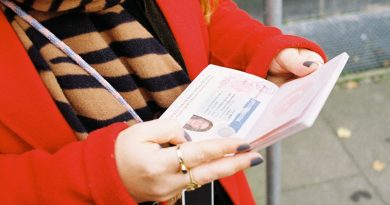Mentoring Insights – Our Experiences and Thoughts
Franziska Seise, Clara Bolldorf, Mona Hartel, Josefine Hilbeck, Leonie Anna Koll, Nina McAllister, Dennis Lange, Stefanie Roth, Katharina Sonnberg, Elena Tietze Illustrations: Elena Tietze For our work placement project ‘Integration as a Dialogic Process’ (2019-2020), we – a group of students at Freie Universität Berlin’s Institute of Social and Cultural Anthropology – worked with Wedding-based charity WIR GESTALTEN e.V. to mentor young refugees. We regularly held private, guided discussions in
+






























































